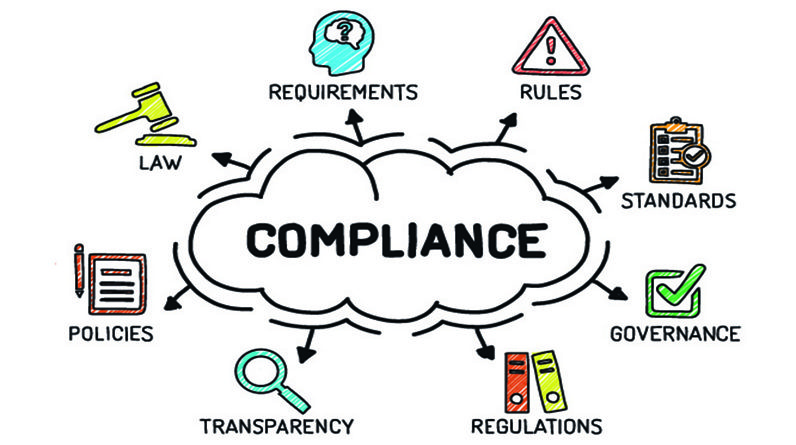Rodolfo Pichardo, 71, of Hialeah, Florida was sentenced to more than 15 years in prison for masterminding a $38 million healthcare fraud and wire fraud scheme. His wife Marta Pichardo, 66, was sentenced to 8 years in prison for her role in the scheme. Rodolfo Pichardo was sentenced to 188 months in prison, to be followed by 3 years of supervised release. He was ordered to pay $33,841,576 in restitution. Marta Pichardo was sentenced to 96 months in prison, to be followed by 3 years of supervised release. She was ordered to pay $10,482,178 in restitution. According to court documents, after arriving in the United States from Cuba on a raft seeking refuge and a better life, the Rodolfo Pichardo and his wife Marta Pichardo settled in Miami-Dade County, Florida where they proceeded to build a vast empire of fraud, consisting of at least six fraudulent home health agencies, three fraudulent therapy staffing companies, and two fraudulent pharmacies. Each of these entities purportedly provided home health services, therapy services, and prescription drugs, respectively, to qualified Medicare beneficiaries, though in fact and as both Rodolfo and Marta Pichardo knew, they did not.
From May 2010 through September 2016, the Pichardos and their co-conspirators used this empire to submit more than $38 million in false and fraudulent claims to Medicare, for which the trust-based program then paid out more than $33 million. The Pichardos then used this money to purchase multiple properties, high-end vehicles, expensive jewelry, plane tickets, vacations, cosmetic procedures, and more, both for themselves and their family members. As part of the scheme, Rodolfo Pichardo offered and paid kickbacks, both by cash and by check, to numerous patient recruiters, in exchange for the referral of Medicare beneficiaries to home health agencies that he owned. The conspirators also offered and paid cash kickbacks to owners and operators of multiple Miami-Dade medical clinics, in return for acquiring medically unnecessary home health prescriptions for the recruited Medicare beneficiaries. These prescriptions were then used by the Pichardos’ various home health agencies and pharmacies to bill Medicare for purported services and pharmaceutical drugs that were provided to allegedly qualified Medicare beneficiaries. During the long-running scheme, the Pichardos took several calculated steps to conceal the fraud and avoid detection, including using nominee owners, changing names and locations of their fraudulent entities, and creating shell companies to conceal the receipt of the fraud proceeds, hide assets and transactions, and divert proceeds for both personal use and to further the fraud.







